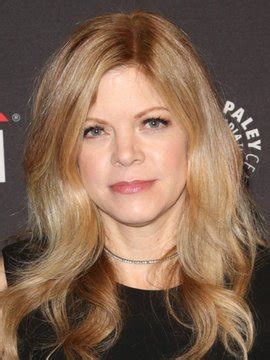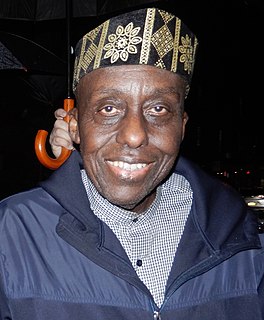A Quote by Larry Wilmore
When you work in television, you're in the writer's room all the time.
Quote Topics
Related Quotes
I love the beautiful distractions of the world - television and movies, video games, the Internet in general. But I try really hard to avoid them, because they don't help me become a better writer. They subtract hours from my day. And a writer's main currency is time. Time to daydream, time to walk and think, time to sit and do the work.
There's this message to comedians in particular, that you shouldn't write it, and a television writer should write it. And that's a prevailing conventional wisdom that I think is really wrong. That's not to say that television writers aren't great, but I think that the belief that some comedy writer's going to be able to capture your voice is naive.
I must say I find television very educational. The minute somebody turns it on, I go to the library and read a good book. ANOTHER VERSION I find television very educating. Every time somebody turns on the set, I go into the other room and read a book. ANOTHER VERSION I find television very educational. Every time someone turns it on, I go in the other room and read a book.































